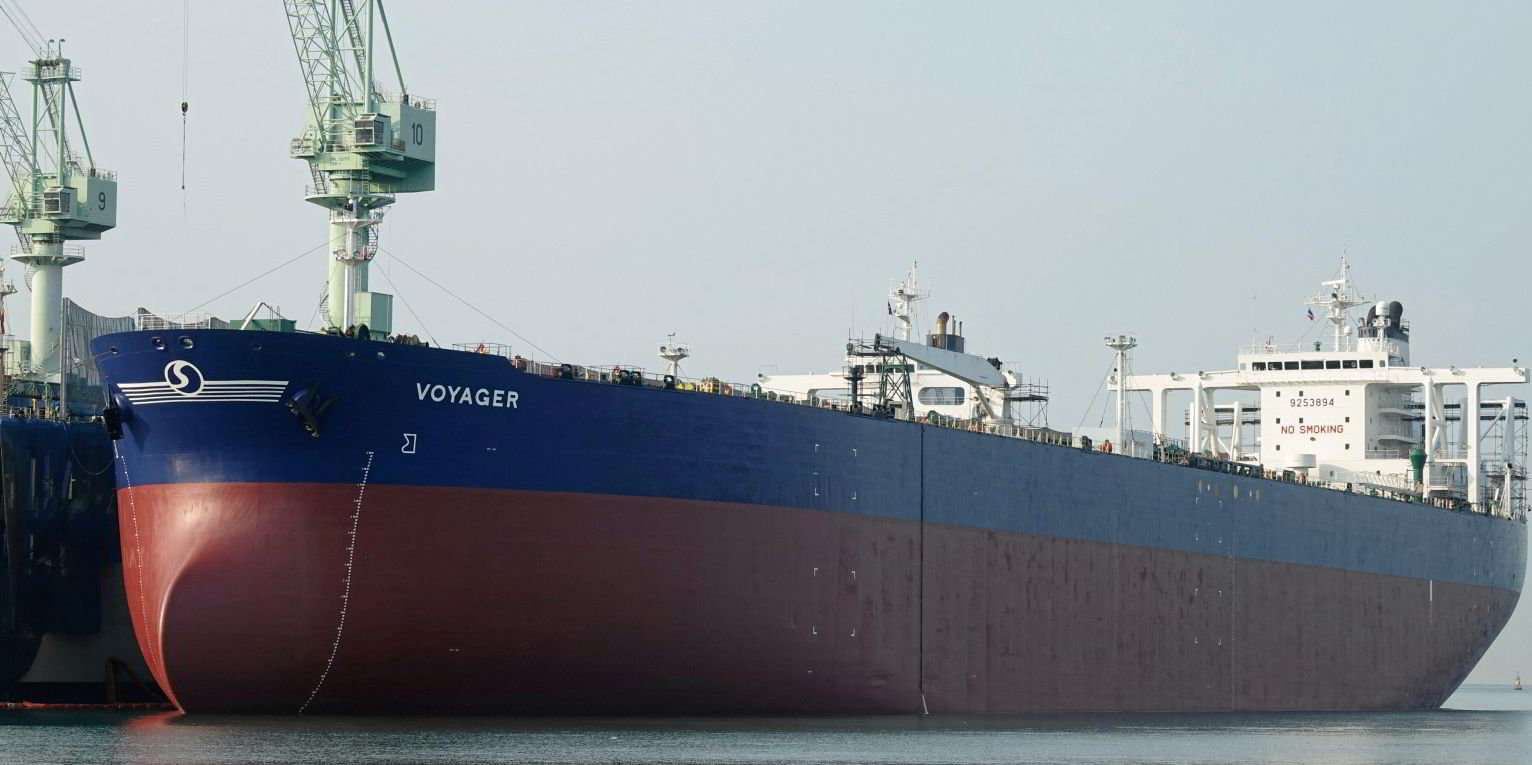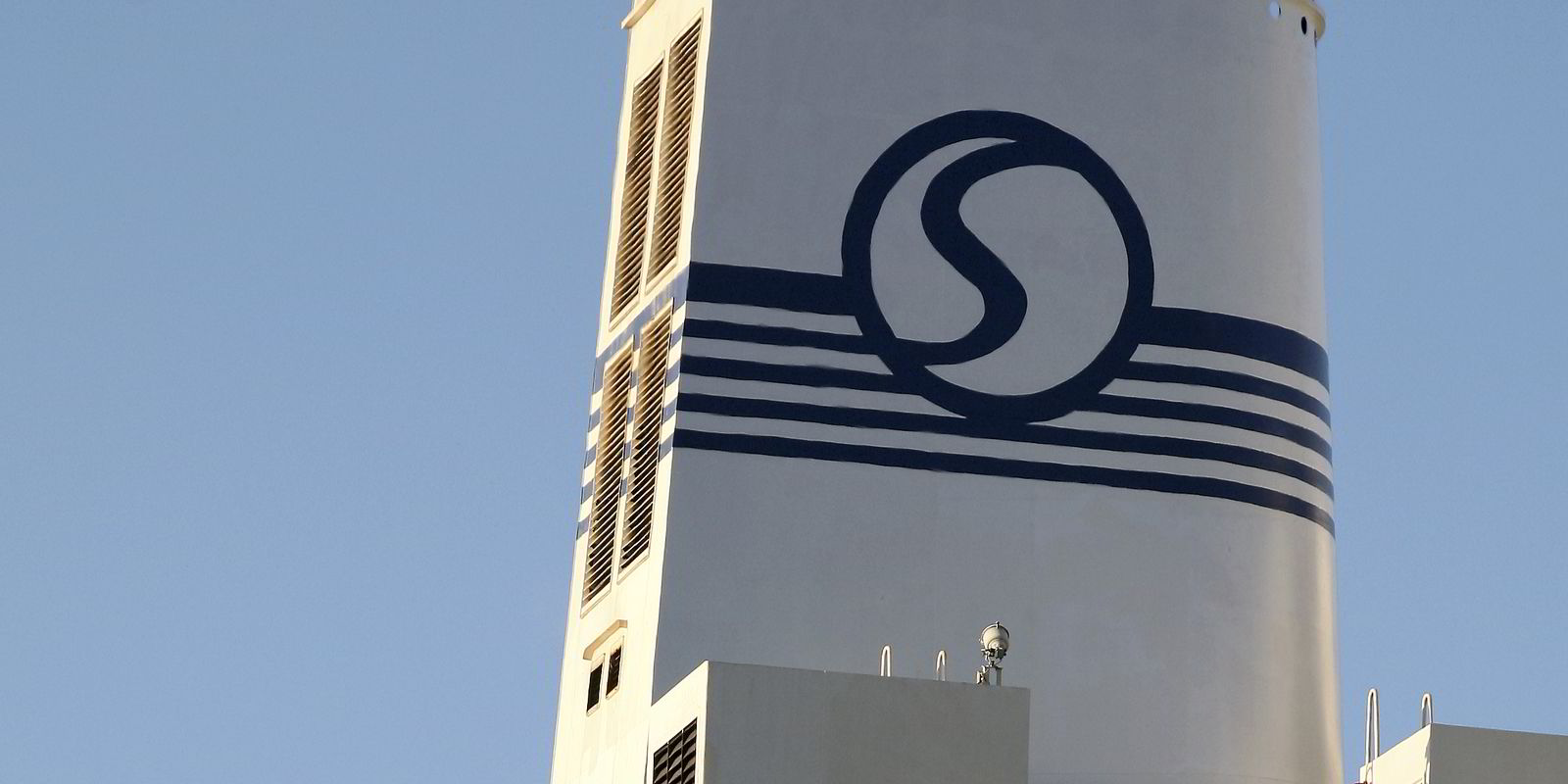German shipowner Salamon has reportedly disposed of its only suezmaxes as the secondhand market for aged crude tankers remains strong.
Brokers said the 150,000-dwt Astra and Voyager (both built 2002) were sold to Chinese interests for $32m in an en-bloc deal.
Chief executive Christian Salamon declined to comment on the transaction.
If confirmed, the company will be left with one tanker — an aframax — in its fleet.
Salamon, established in 2002, has been reducing its fleet with a series of tanker and bulker sales over the past decade.
In 2018, it reportedly disposed of the 73,800-dwt LR1 Cape Texel (built 2009) to a Norwegian AS company made up of local and international investors for $12.5m.
The en-bloc price in the latest deal is considered strong as the vessels are nearly 20 years old and will need to undergo a special survey soon to remain in operation.
Dry-docking
“I consider the price quite good … The dry-docking position must be good for the owner to get $16m [apiece],” said a London broker.
VesselsValue estimates the combined demolition value of the ships to be $24.3m, suggesting that the buyer is unlikely to recycle them in the near future.
Tanker experts said the secondhand market for old tankers has been supported by firm steel prices and demand from opaque players in risky trades. This has curbed scrapping activity.
Clarksons Research recorded that 15 crude tankers of 3m dwt were demolished in the first five months of 2021, up from one 130,000-dwt vessel in the same period last year, but below the historical average.
“So far this year, there has been a small pick-up in demolition activity for tankers compared to last year, but it's still way below what we expected for this year,” Banchero Costa research head Ralph Leszczynski said.
“[The volume is] well below what it should be at this point, considering the state of the charter market and the age profile of the fleet.”
Apart from those involved in Iranian and Venezuelan trades, tanker earnings have struggled to stay above operating expenses for most owners in recent quarters.
But Intermodal sale-and-purchase broker Timos Papadimitriou said old tankers can be good “countercyclical” investments, with the price ratio of a 15-year-old ship to a 10-year-old at just 40% — relatively low by historical standards.
“It makes sense for shipowners to look into buying secondhand crude ships purely out of speculation, as a tanker recovery is well overdue,” Papadimitriou added. “Even older units can benefit in a market recovery.”





